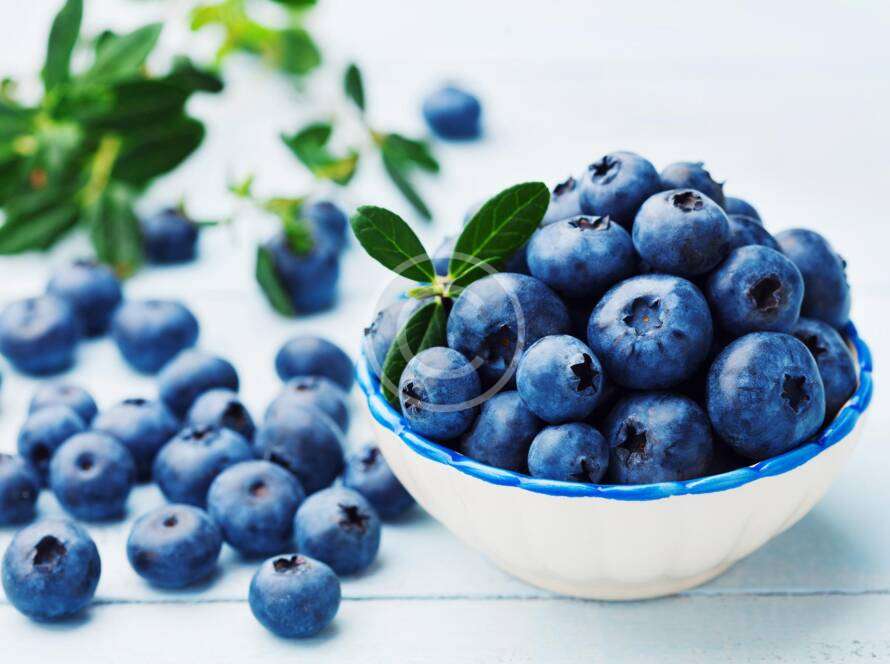Maintaining the health of dairy cows is crucial for organic and sustainable farming practices. While veterinary care remains essential, many farmers are turning to natural remedies to support cow health, reduce antibiotic use, and promote overall well-being.
Understanding Holistic Cow Health
Holistic health management goes beyond treating symptoms:
- Focuses on prevention
- Supports natural immune systems
- Minimizes chemical interventions
- Promotes overall animal wellness
- Integrates nutrition, environment, and natural treatments
Common Health Challenges in Dairy Cows
1. Mastitis Prevention and Treatment
Natural Approaches
- Calendula and echinacea tinctures for inflammation
- Oregano oil as a natural antiseptic
- Apple cider vinegar udder rinses
- Probiotics to support immune function
- Essential oils with antimicrobial properties
Prevention Strategies
- Maintain clean milking environments
- Use dry cow therapy with herbal supplements
- Implement proper milking hygiene
- Support immune system through nutrition
2. Digestive Health Management
Herbal Remedies
- Slippery elm bark for gut inflammation
- Chamomile tea to reduce digestive stress
- Peppermint for bloating and gas
- Ginger to improve digestion
- Garlic as a natural parasite deterrent
Digestive Support Techniques
- Probiotics and fermented feed supplements
- Balanced mineral supplementation
- Stress reduction strategies
- Regular pasture rotation
- Optimal hydration management
3. Hoof Health and Lameness Prevention
Natural Treatment Options
- Zinc and biotin supplements
- Herbal foot baths with tea tree oil
- Epsom salt soaks
- Propolis and honey for wound healing
- Essential fatty acid supplementation
Preventive Measures
- Regular hoof trimming
- Dry, clean walking surfaces
- Proper nutrition
- Controlled exercise
- Stress management
4. Respiratory Health
Herbal Respiratory Support
- Eucalyptus essential oil
- Thyme extract
- Elderberry syrup
- Echinacea immune boosters
- Honey as a natural antimicrobial
Environmental Management
- Adequate ventilation
- Reduced humidity
- Minimized dust exposure
- Stress reduction techniques
- Seasonal health monitoring
5. Parasite Control
Natural Parasite Management
- Diatomaceous earth supplementation
- Garlic and pumpkin seed treatments
- Neem oil applications
- Herbal dewormers
- Beneficial nematodes in pasture management
Holistic Prevention
- Rotational grazing
- Pasture diversity
- Soil health management
- Integrated pest management
- Nutritional immune support
Nutritional Support for Natural Health
Key Nutritional Strategies
- Mineral-rich organic feed
- Selenium and vitamin E supplementation
- Omega-3 fatty acid sources
- Prebiotics and probiotics
- Herbal mineral supplements
Implementing a Holistic Health Approach
Best Practices
- Regular health assessments
- Detailed record-keeping
- Individualized treatment plans
- Continuous education
- Collaboration with holistic veterinarians
Challenges and Considerations
Limitations of Natural Remedies
- Not a complete replacement for veterinary care
- Requires extensive knowledge
- Individual cow variation
- Regulatory compliance
- Consistent monitoring
Technology and Natural Health
Supporting Tools
- Health tracking apps
- Wearable cow monitors
- Precision nutrition technology
- Genetic health screening
- Data-driven holistic management
Economic Implications
Benefits of Natural Health Approaches
- Reduced veterinary expenses
- Improved long-term cow health
- Enhanced milk quality
- Lower antibiotic resistance
- Sustainable farming practices
Conclusion
Natural remedies offer a promising approach to dairy cow health management. By combining traditional wisdom, modern research, and holistic practices, farmers can support cow wellness while maintaining productive and sustainable dairy operations.
Disclaimer: Always consult with a veterinary professional before implementing any new health treatments. Natural remedies should complement, not replace, professional veterinary care.



